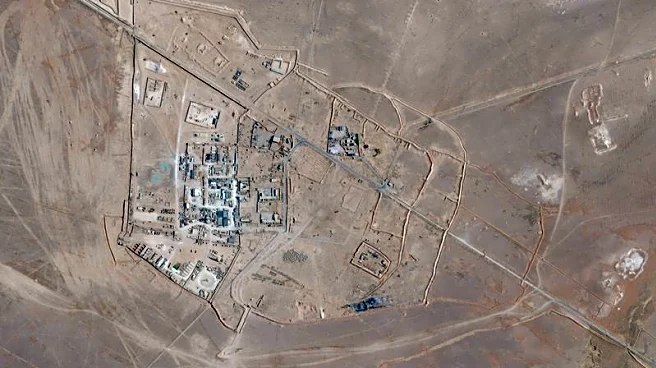Confucius, born in 551 BCE, played multiple roles as a philosopher, educator, and cultural transmitter. Known for founding Confucianism, his teachings emphasized morality, ethics, and social harmony, influencing societies worldwide. Confucius's roles have been pivotal in shaping cultural and intellectual landscapes.
Official Roles
Confucius is traditionally considered the paragon of Chinese sages, with his teachings forming the core of Confucianism. His role as a philosopher and educator was central to the transmission and reformulation of cultural values, making him a key figure in discussions on ethics and governance.
Responsibilities and Powers
Confucius's responsibilities included advocating for public education and the cultivation of character. He pioneered private education with a curriculum known as the Six Arts, aimed at making learning accessible to all social classes and promoting moral values.
Interactions and Coordination
Confucius's interactions with students and cultural figures were instrumental in the transmission of his teachings. He attracted numerous disciples, laying down rules for their guidance and emphasizing the importance of moral integrity and harmonious relationships.
Limits and Constraints
While Confucius's teachings have been influential, they have also faced constraints, particularly during periods of political suppression. Despite these challenges, his ideas have continued to resonate with contemporary audiences, offering insights into fostering ethical leadership and harmonious relationships.

 Discover Daily
Discover Daily 







